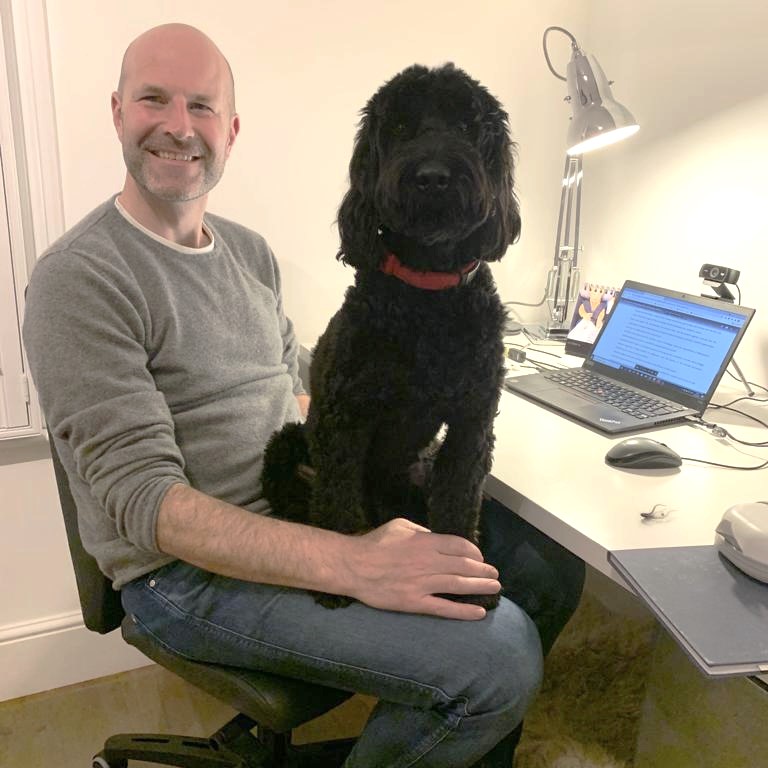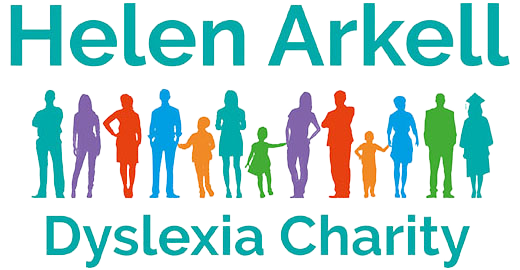John

‘Everything started to unravel when I was 45.’
John was applying for a new job as Director of Engineering at Tesco when his dyslexia became a problem he could no longer ignore.
John had all the qualifications the role required as well as years of relevant work experience. But when the results of a series of recruitment aptitude tests came back, he and his potential employer were shocked. John had not only failed the tests but his results ‘were no better than a school leaver’.
‘I couldn’t learn at school, and no one helped me.’
As a child, John didn’t always enjoy going to school. From an early age, he struggled to keep up with the demands of education, and many of the things his friends took pleasure in, such as enjoying the challenge of solving wordsearches, reading a book, and writing stories, just weren’t for him.
He managed to somehow get through primary school with little support from those around him. However, by the time he reached secondary school, he was aware that he had fallen considerably behind his peers. He still couldn’t properly read or write, and he was struggling with his confidence and self-esteem.
‘No one ever mentioned dyslexia, so I assumed that I must have just missed some schooling.’
At the start of his secondary education, it became apparent to John that not being able to read or write was going to cause him problems. Without anyone willing to help, he did everything he could to avoid reading out loud in class or showing his work to teachers.
The only way John could cope with school was by playing the fool and being disruptive. This not only had an impact on his grades but also on those around him. He now recognises these tactics as coping mechanisms which allowed him to hide from others the fact that he was struggling academically. John isn’t proud of how he behaved, and still carries a lot of guilt about the impact this had on his friends as well as his other classmates.
‘I finally found something I was good at.’
Although John felt let down academically, he was acutely aware that he didn’t lack intelligence. At the end of his formal schooling, he was directed towards a career in manual trades. He enrolled on a car mechanic course with the Youth Training Scheme (YTS) which taught him vehicle engineering. He enjoyed the practical side of this course and, even more, the excitement he felt about his growing fascination for learning how things work.
‘Spellcheck changed my life.’
It was while John was working in a car garage that the direction of his life changed. Noticing one of his sales colleagues using a computer with spellcheck, John became intrigued by both the usefulness of this tool and by the technology behind it.
Driven by a desire to learn more about computers, John enrolled on a computer course where he achieved the skills and experience he needed to apply to university. After four years of committed hard work, John couldn’t believe it when he graduated, aged 25, with a higher second-class degree in Computing Science.
Embracing life with dyslexia
When, applying for the Tesco job at the age of 45, John discovered he was dyslexic, it came as something of a relief. He felt at last as if things in his life started to make sense.
The career he had followed since graduating had been alongside an understanding manager and mentor, and between them they balanced their skills so that the one would do anything the other wasn’t capable of.
For John this was an ideal situation. But he knew it couldn’t last forever if he was to develop his career. So, when the job at Tesco came calling, things had to change.
Luckily for John, the fallout from the aptitude tests didn’t last long, and, like others with cognitive diversities at Tesco, he was welcomed warmly at the company. John is now in charge of 350 people, all of whom know he is dyslexic.
John has adapted to life with dyslexia. He uses Microsoft disability tools to help with tasks he finds challenging such as writing and reading long emails, and he finds it amusing that his colleagues never ask him to take notes in a meeting!
Despite these difficulties, he recognises all the good that has come from his dyslexia. He excels at public speaking, has an amazing memory, and is a gifted team player who shines when working collaboratively. And more than anything, he says he is more at peace with himself than ever before.When John was asked how he feels about being dyslexic, he is typically positive in his response.
‘Dyslexia is what makes me me, so I wouldn’t change a thing!’




